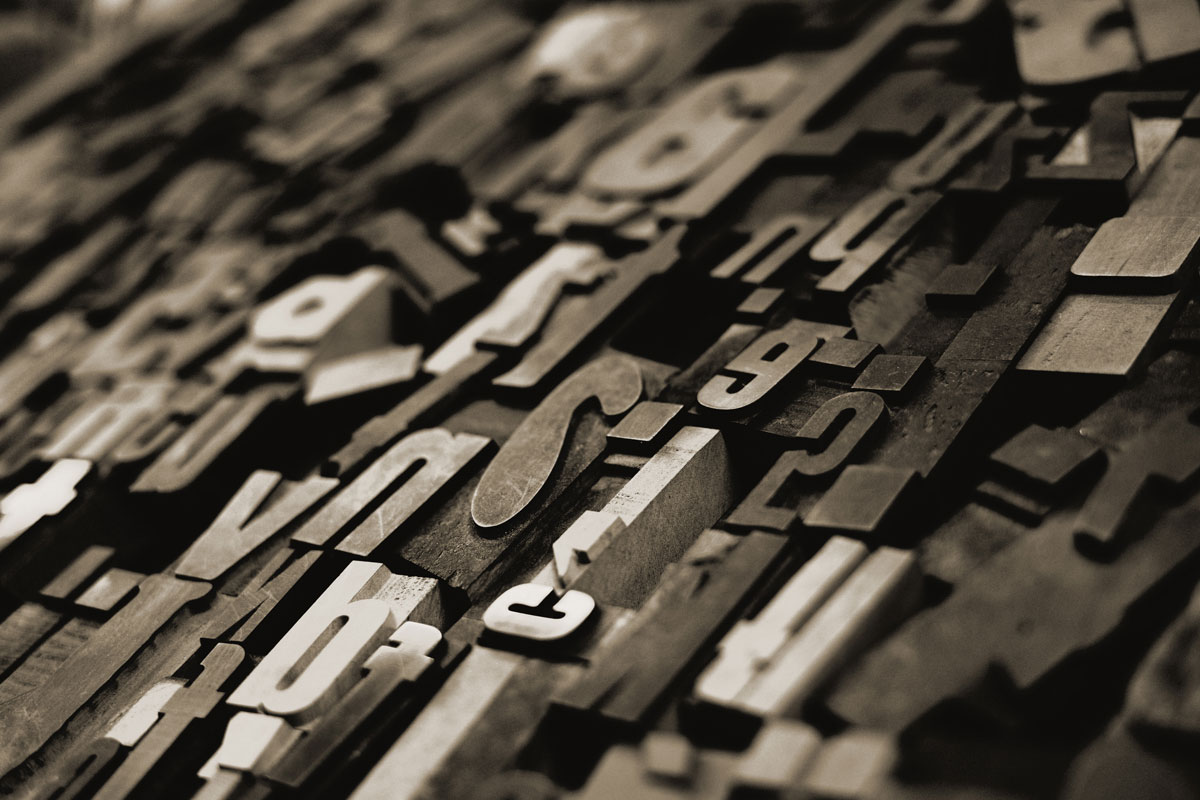Menu
What is Denglish? Why Denglish?
Saveen Uthappa-Eck
Saveen Uthappa-Eck works as a translator, editor and content writer on the English team. A true-blue language fan, she enjoys crosswords and watching foreign-language shows and movies in her spare time.



